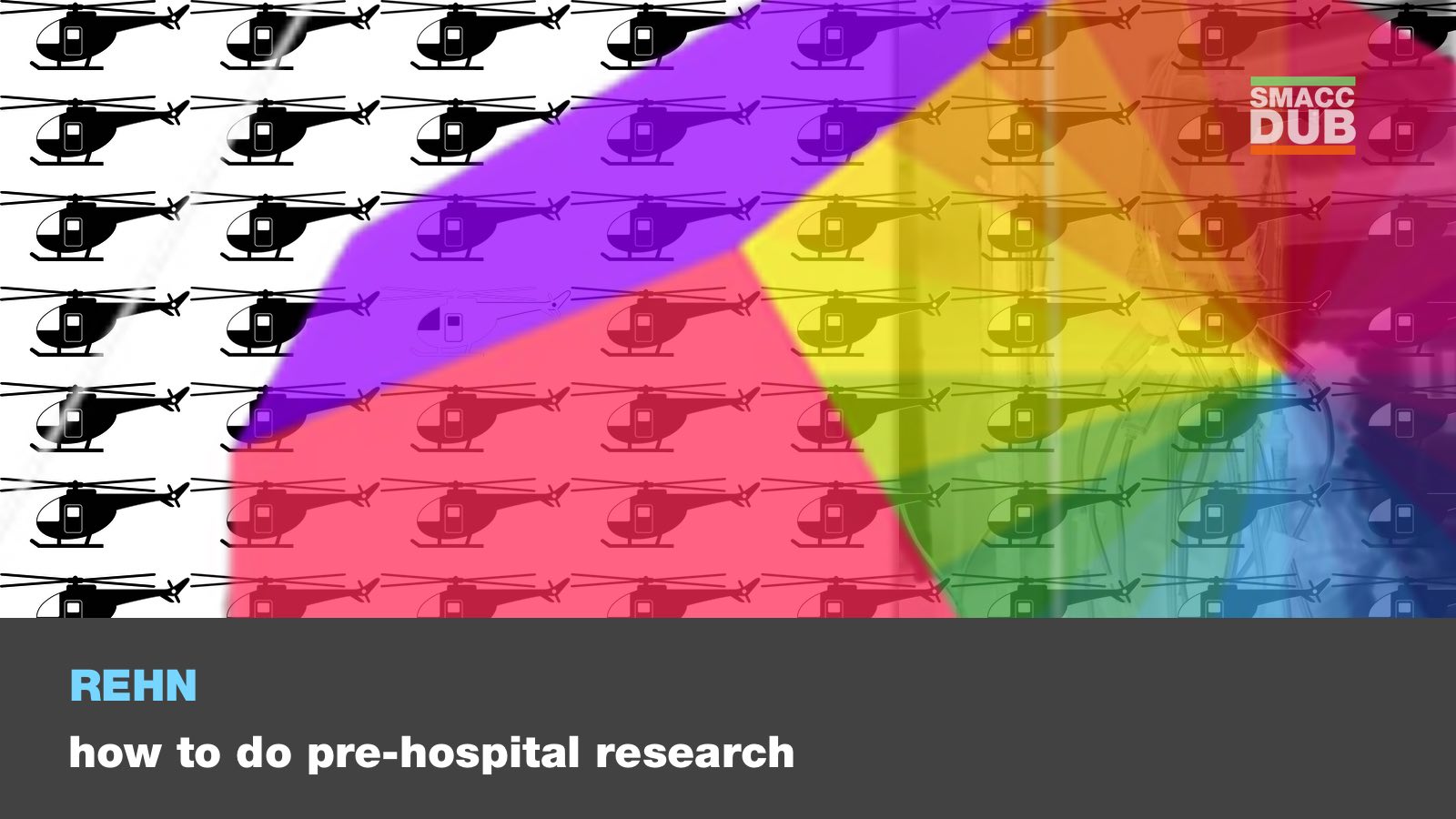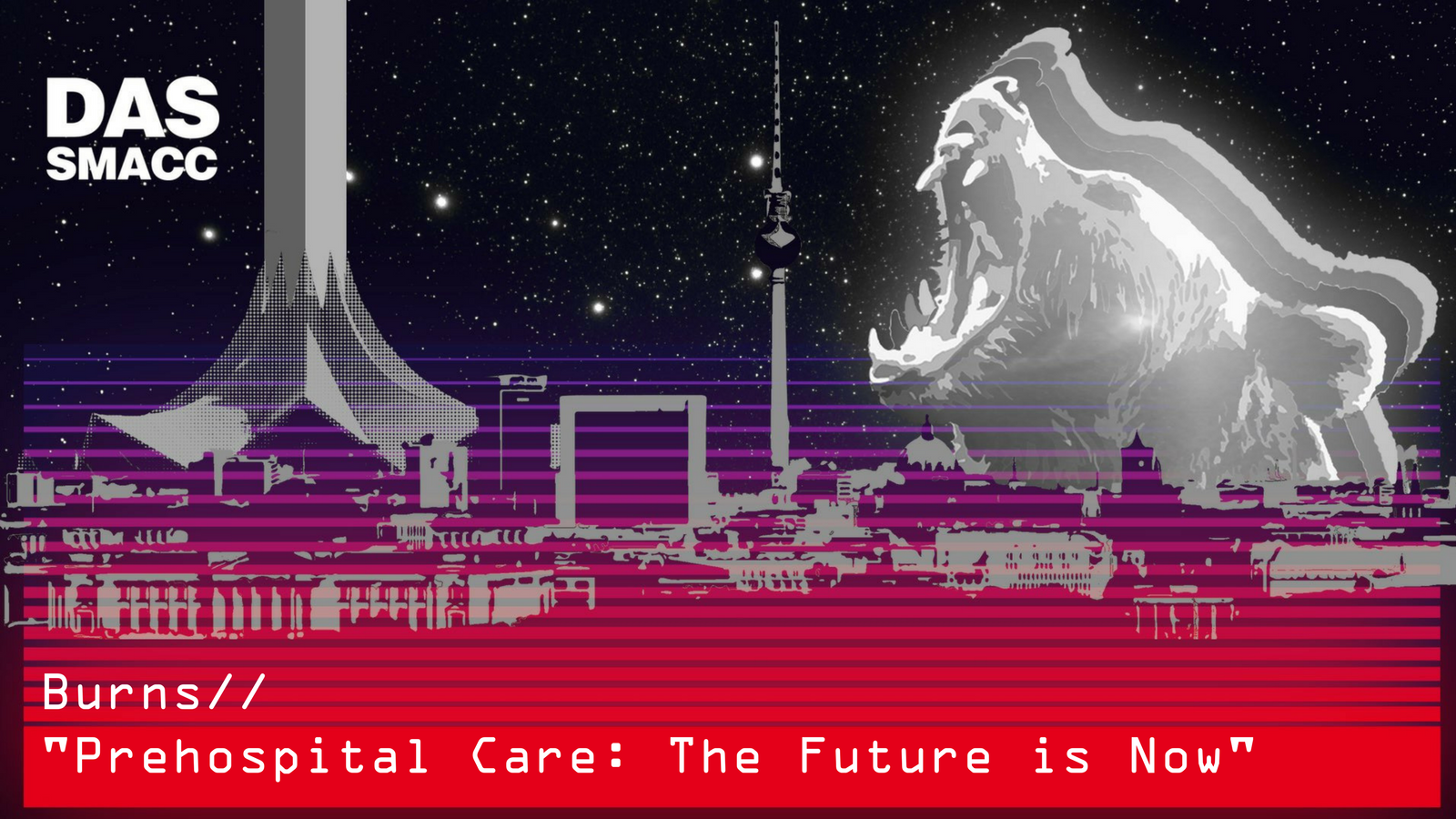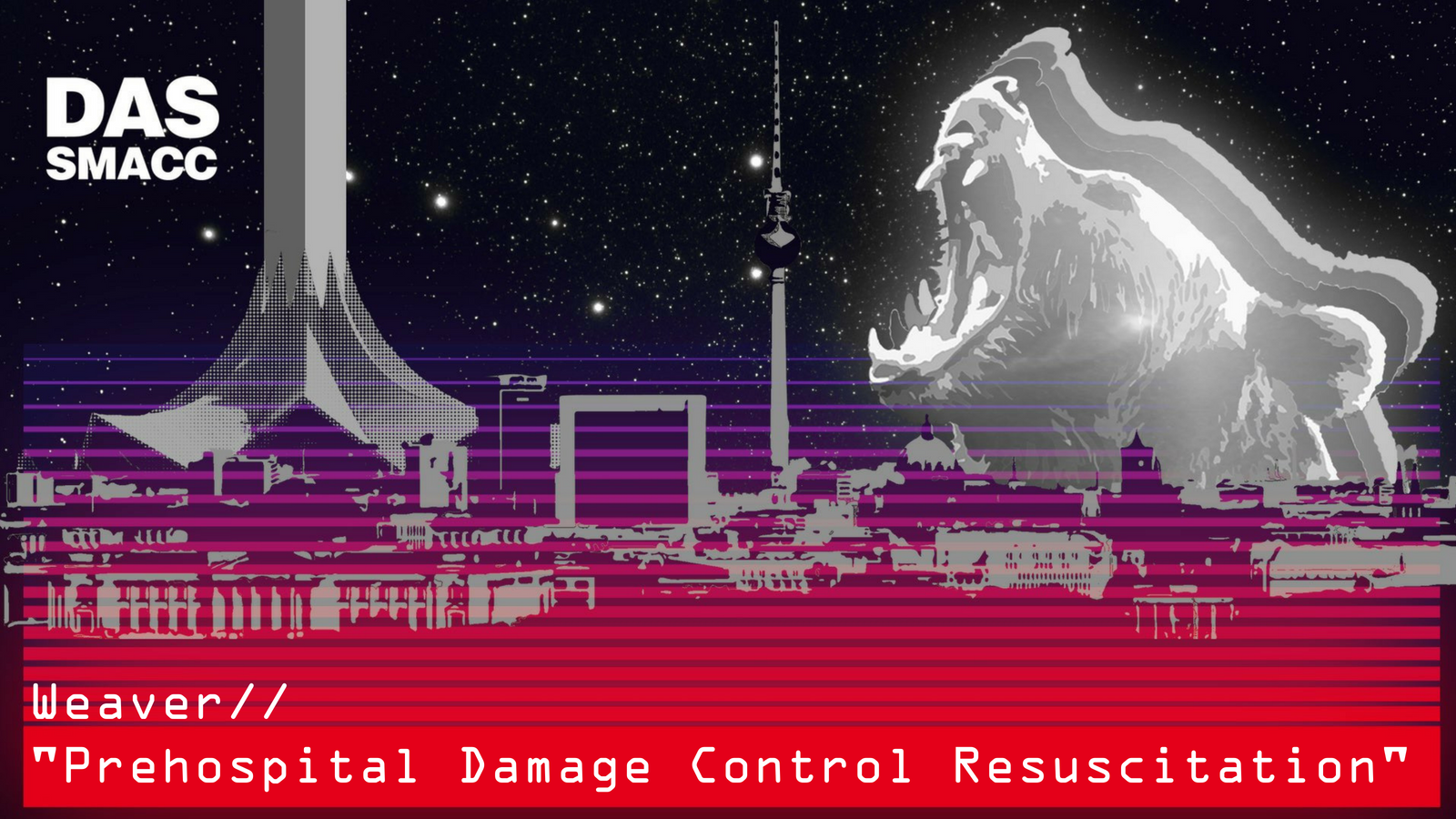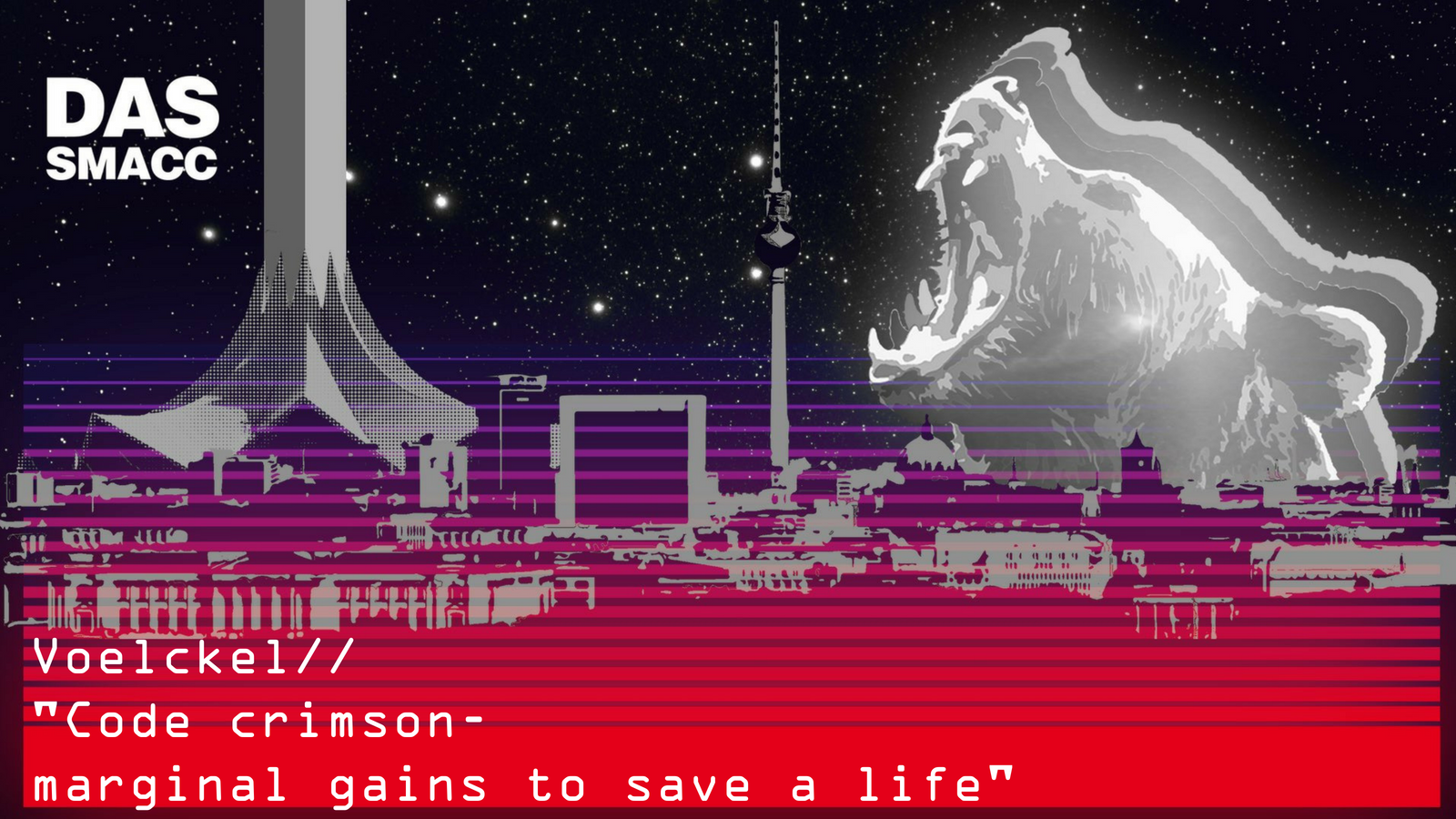Evidence Based Medicine in Prehospital Resuscitation
Marius Rehn examines the difficulties and importance of evidence based medicine in prehospital resuscitation. Notably, combining academic activity with pre- and in-hospital clinical practice is hard work. Being an academic in a flight suit can be quite lonely.
Marius wants this to change and is passionate about increasing the quantity and quality of prehospital research.
Prehospital research that examines patient pathophysiology should dictate care – as it does in the hospital environment. However, Evidence based practice pertaining to the prehospital environment is minimal. This needs to change.
Evidence based medicine in the prehospital setting can dictate care, critically appraise practice and enable improvements in process and cost effectiveness whilst decreasing harms.
Evidently, in-hospital evidence is different to the field application. Ultimately, prehospital research is critical, 5.8 million people die from injury every year – around 10% of the world’s deaths. Unfortunately, pre-hospital research is underfunded.
So, how can we take interventions from the hospital to the streets?
Marius shares three important steps:
- The research that is needed
- How to interpret the evidence
- Why all research is important to consider (from case studies to randomised controlled trials)
Moreover, Marius highlights the need to lean on other members of the scientific community when conducting your own research. For example, a statistician is worth their weight in gold in observational studies when fleshing out regression analysis.
Finally, Marius discusses the importance of information dissemination across all platforms, including peer reviewed journals and informal FOAMed platforms such as Twitter. They all have their place.
For more like this, head to our podcast page. #CodaPodcast
Marius Rehn
Anaesthesiologist. Pre-hospital Critical Care Consultant. Director of Research @Luftambulansen
Editor @sjtrem
Assoc. Prof. @UniStavanger





